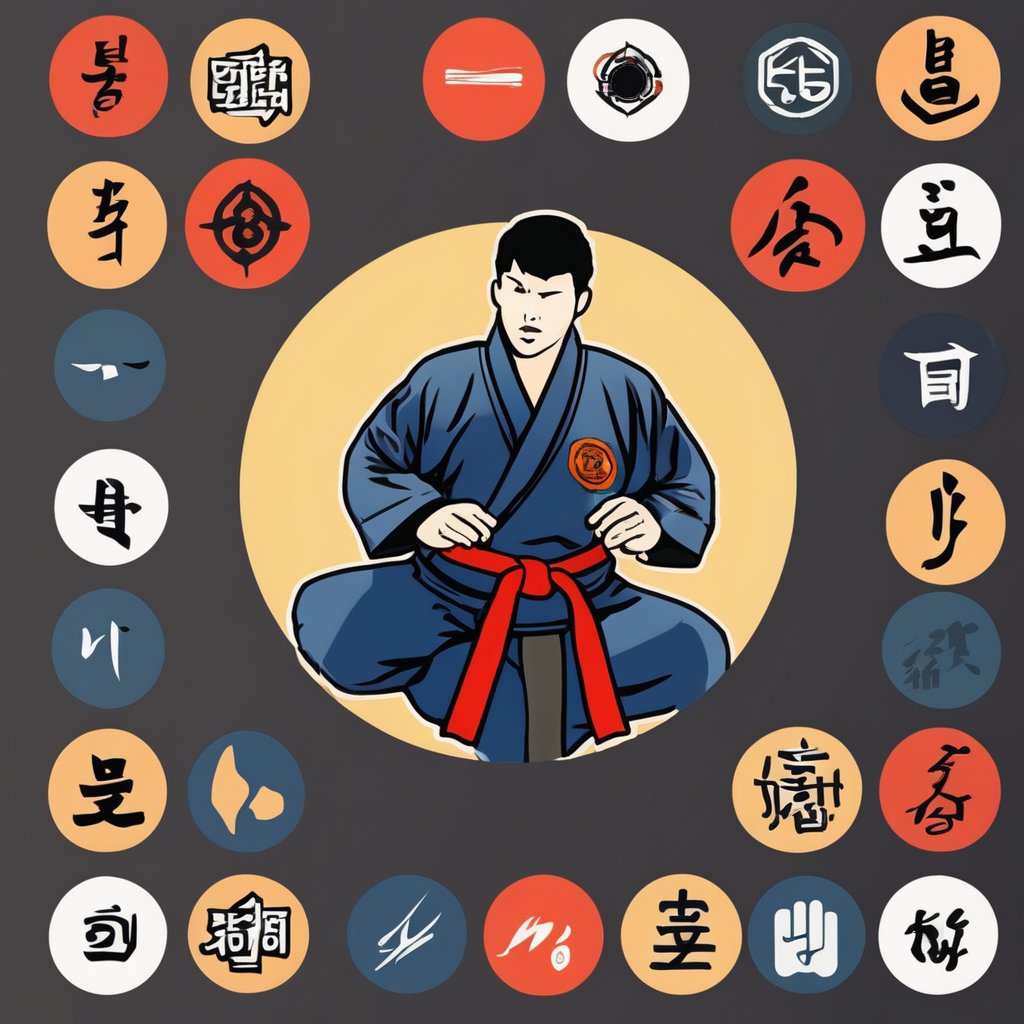Meeting the Evolving Demands of UK Combat Sports Training
UK combat sports are witnessing a significant training evolution, driven by the growing diversity of disciplines and the rising competitive standards. Current training practices increasingly emphasize adaptive methods that address the distinct needs of athletes across boxing, MMA, judo, and other combat sports. This evolution responds to the necessity of enhancing both physical conditioning and technical skills while accommodating rapid tactical shifts within matches.
The importance of evolving methodologies lies primarily in improving overall performance and injury prevention. Trainers and athletes aim to create tailored regimens that incorporate strength, agility, and endurance training alongside sport-specific drills. UK combat sports practitioners also focus on mental conditioning as part of this adaptive approach, recognizing its role in competitive success.
Topic to read : How Are Modern Training Techniques Revolutionizing UK Combat Sports?
With adaptive methods, coaches strive to balance tradition with innovation, ensuring that athletes can compete effectively in their specialties while benefiting from cutting-edge techniques. The primary goals of this evolution revolve around maximizing athletic potential, increasing resilience, and fostering versatility to allow smooth transitions between different combat scenarios. This dynamic approach is crucial as the UK combat sports landscape continues to expand and mature.
Meeting the Evolving Demands of UK Combat Sports Training
Training evolution in UK combat sports is distinctly shaped by the need for adaptive methods that align with rapid changes across multiple disciplines. Unlike traditional, one-size-fits-all routines, modern training emphasizes customization to address each athlete’s unique demands while enhancing overall competitiveness. For example, strength and conditioning programs are now closely integrated with sport-specific drills, tailored to prepare fighters for the exact challenges they will face in boxing, MMA, or judo bouts.
Also to discover : How do UK combat sports influence community building?
The importance of these evolving methodologies arises from the diverse physical and tactical requirements of UK combat sports. Adaptive methods enable coaches to design regimens that enhance agility, endurance, and technical execution simultaneously. This flexibility is crucial to adequately prepare athletes for fast-paced competition environments and reduce injury risks.
Primary goals of these adaptive training approaches include maximizing performance through precise physical and mental conditioning. They ensure athletes develop resilience and tactical versatility, essential for shifting combat scenarios. In essence, the training evolution is about creating fighters who are not only stronger or faster but smarter and more adaptable, reflecting the dynamic nature of UK combat sports today.
Meeting the Evolving Demands of UK Combat Sports Training
Current training practices in UK combat sports heavily prioritise adaptive methods to meet the multifaceted demands of diverse disciplines. Unlike traditional regimens, these methods integrate physical conditioning, technical skill development, and tactical awareness in a manner tailored to each sport’s unique challenges. For instance, the blend of endurance, strength, and agility exercises varies significantly between boxing’s emphasis on explosive power and MMA’s broader requirement for endurance and grappling.
The importance of continuously evolving methodologies stems from the need to not only enhance performance but also minimize injury risks amid intense competition. Adaptive methods allow coaches to recalibrate training dynamically, responding to individual athlete progressions and competitive trends in real time. This personalized approach ensures fighters are prepared for unpredictable scenarios they may face during bouts.
Primary goals focus on maximizing athletic potential through a holistic balance of physical, technical, and psychological conditioning. Such training evolution seeks to develop athletes who are resilient, tactically versatile, and mentally sharp, enabling seamless adaptation to varied combat environments. These adaptive strategies are foundational to maintaining UK athletes’ competitive edge internationally, reflecting a proactive and evidence-based progression in combat sports training.
Meeting the Evolving Demands of UK Combat Sports Training
Current training evolution in UK combat sports hinges on embracing adaptive methods tailored to diverse athlete needs. These methods move beyond uniform routines by combining strength, endurance, and tactical drills specifically designed for different disciplines. For example, boxing demands explosive power and quick reflex training, while MMA incorporates grappling endurance and multi-faceted combat skills. This diversity in physical demands necessitates customized training plans.
Evolving methodologies play a crucial role in addressing the varied challenges presented in UK combat sports. Adaptive methods allow coaches to dynamically adjust regimens based on ongoing athlete assessments, ensuring recovery, injury prevention, and peak performance alignment. This approach aids fighters in maintaining tactical versatility across fast-changing competition conditions.
The primary goals driving this evolution are clear: enhance athletic performance through targeted conditioning, sharpen technical proficiency, and develop mental resilience. By implementing adaptive methods, UK combat sports training optimizes physical capabilities and strategic thinking simultaneously. This ensures fighters are not only stronger and faster but also smarter and more adaptable, ready to excel amid the escalating competitiveness seen in today’s combat sports landscape.
Meeting the Evolving Demands of UK Combat Sports Training
Training evolution in UK combat sports centers on implementing adaptive methods tailored to the distinct requirements of each discipline. Current practices focus on creating flexible, individualized regimens that seamlessly combine strength, endurance, and technical drills. Such approaches allow athletes to respond effectively to the diverse physical and tactical challenges encountered in boxing, MMA, judo, and other combat sports.
The importance of evolving methodologies lies in their ability to optimize performance while addressing injury prevention. Adaptive methods enable coaches to modify training dynamically based on athlete progress and competition demands. This responsiveness ensures that fighters maintain peak conditioning and tactical readiness as standards rise.
Primary goals focus chiefly on maximizing athletic potential and resilience through balanced physical and mental conditioning. Adaptive training aims to develop fighters who are not only physically stronger and faster but also possess tactical versatility and mental acuity. This comprehensive approach embodies the ongoing evolution of UK combat sports training, reflecting a sophisticated understanding of the multi-dimensional nature of modern competition.
